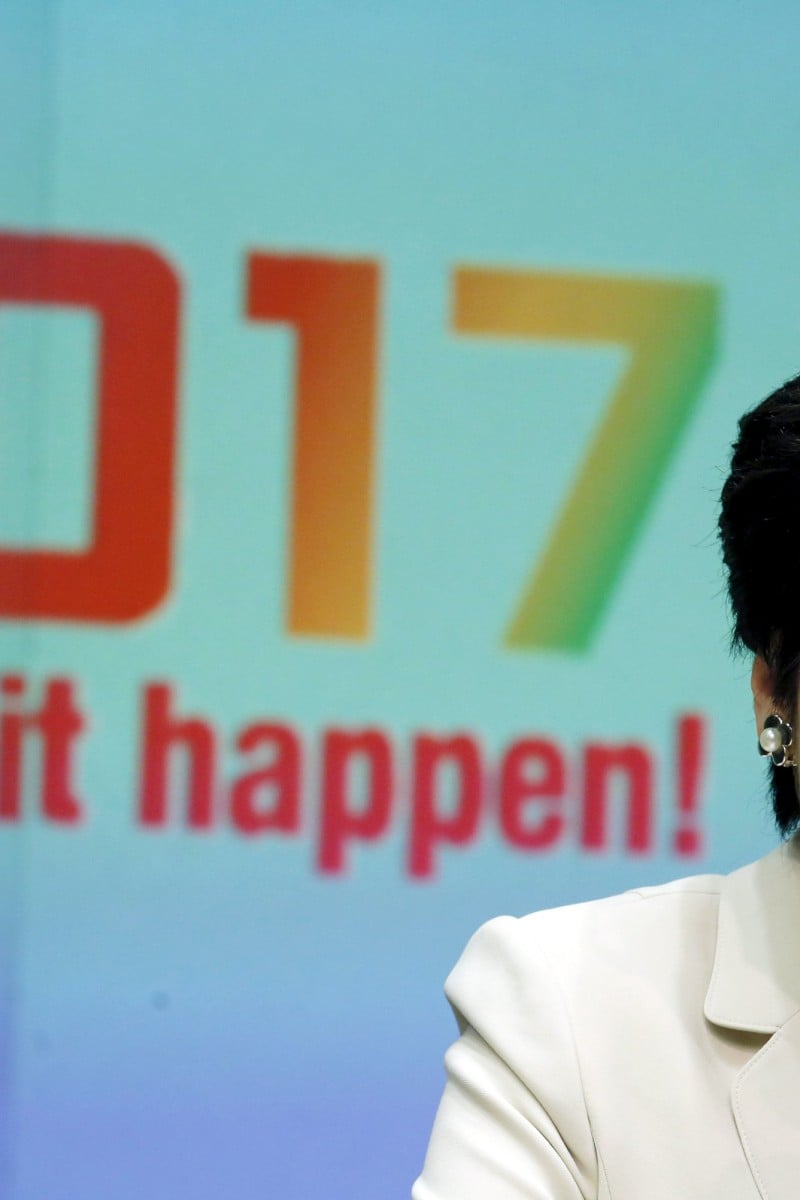
Vetoing Beijing’s 2017 election reforms is not the answer

It’s tough being a political person. I was in the midst of my much-needed revision session when I stumbled upon an article which got me rather hot and bothered – so much so that I decided to throw my books down and write this lovely article that you’re reading right now.
Like the pan-democrats, who are completely out of touch with the political reality, the writer of said article believed that allowing the next Chief Executive to be “elected” under the 2017 framework would grant them legitimacy. This, however, is clearly not the case. How will any future CE be able to claim that their position is legitimate if the people have, time and time again, labelled the electoral framework as fraudulent and not in alignment with the “international standards”?
They also argued that, if the 2017 reform is passed, Leung’s successor would not be pressured into making concessions as he would have been “chosen by the people”. This, again, is simply not true. Leaders who are elected in accordance to the “international standards” of democracy still have to listen to the people – it’s called “democracy” for a reason. A democratically-elected leader still has to make decisions according to the wants and needs of their people. One which fails to do so will easily be forced out of office.
We have seen cases, similar to Kazakhstan, where leaders were supposedly “elected” by a roughly 90 per cent majority through a blatantly undemocratic system. To suggest that the same scenario will occur in Hong Kong is highly ignorant. Chinese politicians are aware that such an outcome would not appear to be legitimate in the eyes of the public.
Hongkongers have proven their ability to remove bad leaders from power even under the current system. The 2003 protests led a chain reaction which eventually forced then-Chief Executive Tung Chee-hwa to resign. If our next CE is unable to adequately fulfil the needs of the people, the same will happen.
China is no longer the authoritarian regime that it used to be; it wants to keep the public relatively happy by making minor concessions once in a while. The fact that former leader Hu Jintao himself pressured Tung to resign is a testament to that.
As a liberal, I am, of course, supportive of a “fully democratic” electoral system in Hong Kong. But being a pragmatist, I am also completely against the method in which the pan-democrats are using to achieve “real” universal suffrage.
Vetoing the 2017 election reforms will not bring us any closer to our goal of achieving a universally-agreeable electoral system. In fact, it will only have the opposite effect. Without the reforms, our future Chief Executives will continue to be “elected” by the 1200-member committee, rather than the 5 million registered voters. They will not feel obliged to improve the system as the public would have supposedly rejected Beijing’s offer for democracy. Though the pan-democrats claim that they will be able to force open Beijing’s grip, it is highly unlikely that the Central government will budge, especially after we “disobey” by rejecting the reforms.
Allowing the 2017 framework to pass will only pave the way for more election reforms in the future. It’s a baby step, but a step nonetheless. Accepting the framework is not an admission of defeat – it’s a compromise. We have to be rational and acknowledge the fact that our goals can only be achieved through patience.